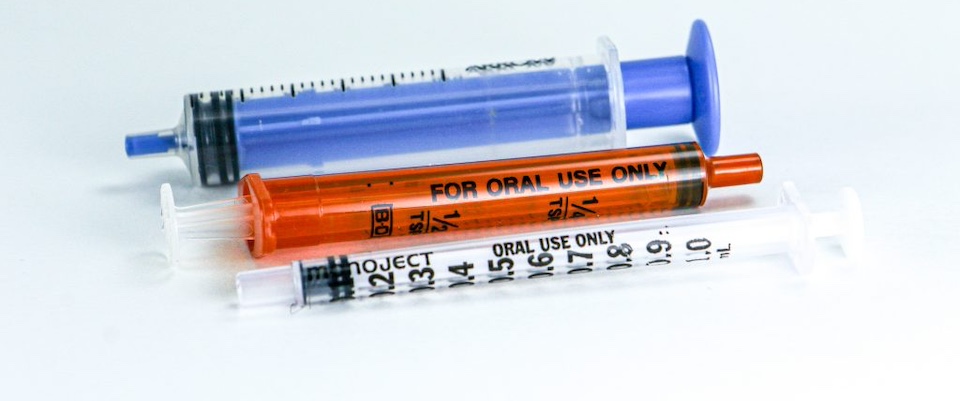I changed my mind about euthanasia in June 2015. The world has been rushing in the other direction. For The Dispatch I explain why MAiD makes an idol of autonomy and endangers our sense of what it means to be human.
Moving past the desire for “death with dignity” requires admitting that autonomy is not the ordering principle of a human life. Every person begins their life as a burden to someone else. It isn’t pejorative to say so—a baby simply must be carried, first by just one woman, in utero, and then after birth as a shared burden among more bearers.
Most of us (though not all of us) grow out of this severe, stark dependence, but our trajectory is an orbit, not an escape. For those with pronounced disabilities, chronic illness, or a severe accident, the orbit is tightly constrained. For others, the loops are a little more sprawling until illness, injury, or (for many women) childbearing, turns us inward to the space where our lives are more obviously defined by our weakness and need. But for almost all of us, dying is a return to our origin—a time of profound need, copious bodily effluvia, and reliance on another’s strength.
We are heavier in our old age, requiring more helpers to carry and clean us, but also freighted with shame. The need of a baby is seen as a natural feature of his or her age, but the needs of an elderly person are not seen by our culture as natural to them in the same way. A baby is not aware they will one day do more; an elderly person feels the lack of what they once could do. But a baby does not abhor her body. A baby would not desire to die rather than be suckled.
